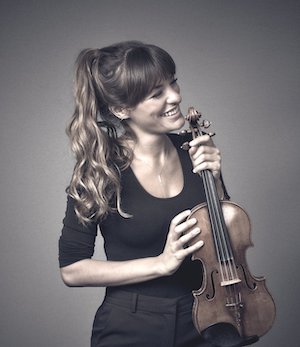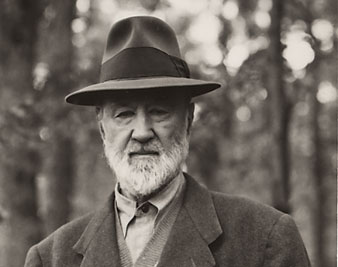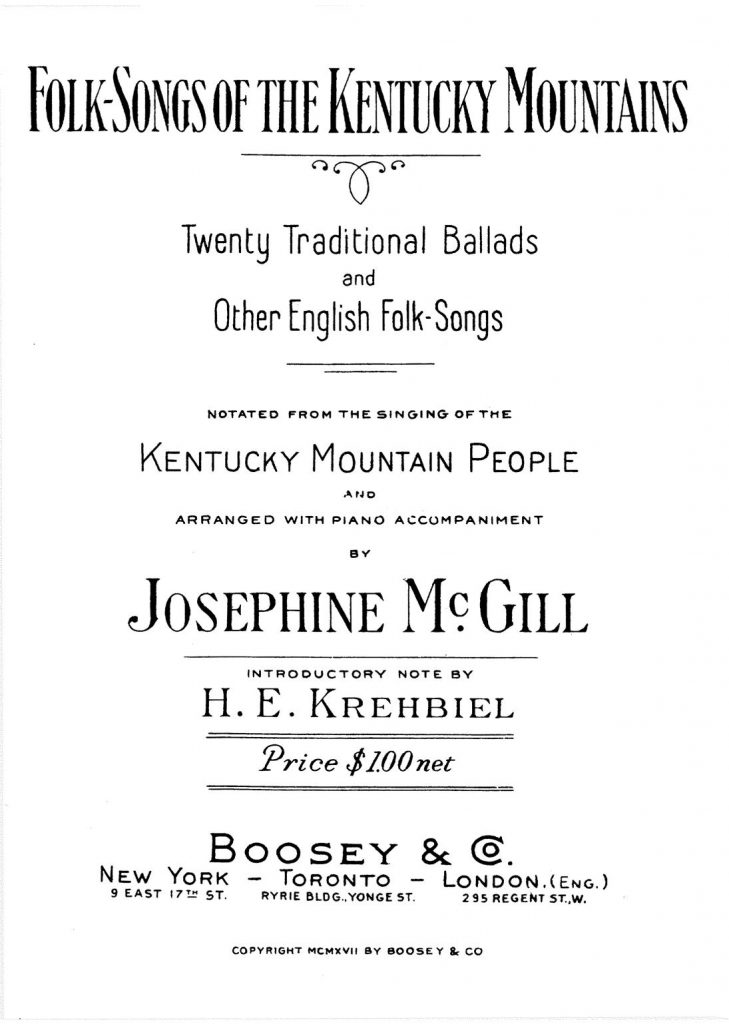by Jarrett Hoffman

•Tough choices: three orchestra concerts all at 7:30 tonight
•A composition competition and a performing arts fellowship for Northeast Ohioans
•Almanac: a pair of American composers in Charles Ives and Josephine McGill
HAPPENING TODAY:
Three options — choose one.
There’s Tuesday Musical’s season-opener, a performance by the Scottish Chamber Orchestra. The orchestra, led by Maxim Emelyanychev, will play Max Bruch’s Violin Concerto No. 1 with Nicola Benedetti as soloist (pictured), Mendelssohn’s Symphony No. 3, and Anna Clyne’s Stride. Read Mike Telin’s interview with Clyne here, and get tickets here.
There’s The Cleveland Orchestra, led by Daniel Harding, in a program that includes Jörg Widmann’s Viola Concerto with Antoine Tamestit as soloist, and Richard Strauss’s “Alpine Symphony.” Tickets here.
And there’s the Canton Symphony with “Indré Meets the Symphony,” a pop-classical crossover concert featuring Akron-based band Indré. Tickets here (cheaper online than at the door). Also available: an open-bar pass…
COMPETITIONS & FELLOWSHIPS:
The Cleveland Uncommon Sound Project has announced the return of CoLab, a composition competition open to high school-aged female-identifying or nonbinary students based in Northeast Ohio. Two winners will be selected to compose new works that will be premiered by Midwest-based contemporary ensemble The _____ Experiment during the 2023 Re:Sound Festival. Applications are due November 1. More details here.
And Karamu House is accepting applications from Cuyahoga County residents for the Room In The House Fellowship. Sixteen awards are available — half in visual art, half in the performing arts — and each artist will receive a stipend of $5,000 plus the opportunity to perform or exhibit through Karamu, virtually or in person. Applications are due on October 31. Click here for more information.
TODAY’S ALMANAC:

To get meta with the almanac, on this date in 2020, Daniel Hathaway focused on this date in 1820, when Charles Ives was born in Danbury, Connecticut. As Hathaway wrote,
Regarded as an American Original, early on Ives was influenced by the whole panoply of 19th century music he encountered as a young man as well as such sonic experience as hearing bands playing simultaneously in small-town parades. Having formally studied with Horatio Parker at Yale, Ives later went off on his own, experimenting with polytonality and polyrhythm, microtones, tone clusters, and improvisatory elements. Somewhat mysteriously, he stopped composing in the late 1920s, well before his death in 1954.
Hathaway goes on to offer a deep dive into Ives’ music, with recordings of violin sonatas, hymns, songs, orchestral and choral pieces, and works for organ — many of those performed by familiar faces. Read the full entry here.

Originally published in 1917, the text contains ballads and other English folk songs that were “notated from the singing of the Kentucky Mountain People,” as the cover reads, and which she then arranged with piano accompaniment.
I picked out a favorite tune from the book — the dark, mournful, and somehow also a little bouncy The Greenwood Side — and scouted out recordings of it by a mix of pop and jazz artists. There’s sheet music too if you want to have a go. Read the full entry here.
Plus, listen to one of her more famous originals, Duna, in a 1956 recording by baritone Thomas L. Thomas and pianist Ivor Newton.
Whether as collector or composer, it’s clear that McGill had a song in her heart.



